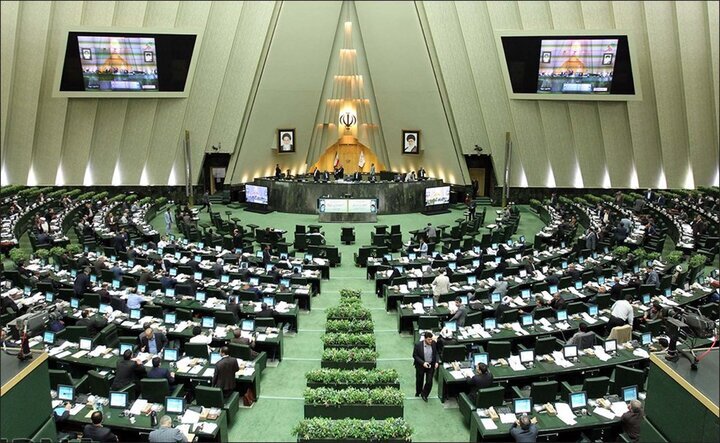Number of Iranian lawmakers push for 'reevaluating defense doctrine' amid rising Israeli threats

TEHRAN – A group of 39 Iranian lawmakers has called for a swift push toward developing nuclear weapons in a letter addressed to the country’s Supreme National Security Council.
The appeal comes as tensions rise in the region due to growing Israeli military action.
Hassan Ali Akhlaghi, one of the signatories, told the ISNA news agency that Iran must “reevaluate its defense doctrine” in light of escalating threats. “No international organizations, nor European countries or the US, can effectively control the Zionist regime, which continues to commit crimes at will. That’s why we sent this letter,” he stated.
Despite a 20-year-old religious decree from Leader of the Islamic Revolution Ayatollah Ali Khamenei prohibiting nuclear weapons under Islamic law, intensified regional hostilities have increasingly pushed the nation for a change in policy.
Since the U.S. withdrawal from the 2015 nuclear agreement, known as the JCPOA, and the failure of European signatories to fulfill their commitments towards the pact, Tehran has undergone severe sanctions and economic pressure.
Observers note that the collapse of the JCPOA has weakened the taboo around nuclear weapons. A significant factor behind the growing support for acquiring nuclear arms is the sharp rise in Israeli aggression, including strikes on Gaza, Lebanon, Syria, and Yemen. Many Iranians worry whether their country has enough deterrence to prevent a similar attack on Iran.
While Tehran's military is more advanced than many in the region, analysts speculate that Israel may target Iran next, pointing to Israel’s bold actions, such as the assassination of a Palestinian leader within Iranian territory. With Israeli politicians issuing threats, there is growing concern that Iran could face a similar military campaign.
A recent poll, conducted between February and May, revealed that nearly 70% of Iranians now favor developing nuclear weapons, with support likely growing since then. Calls for stronger deterrence, including from influential figures like Hassan Khomeini, the grandson of the Islamic Republic’s founder, reflect this shift.
Israel’s ongoing offensive on the Gaza Strip has so far led to the killings of nearly 42,000 people, mostly women and children, according to the enclave’s health authorities.
